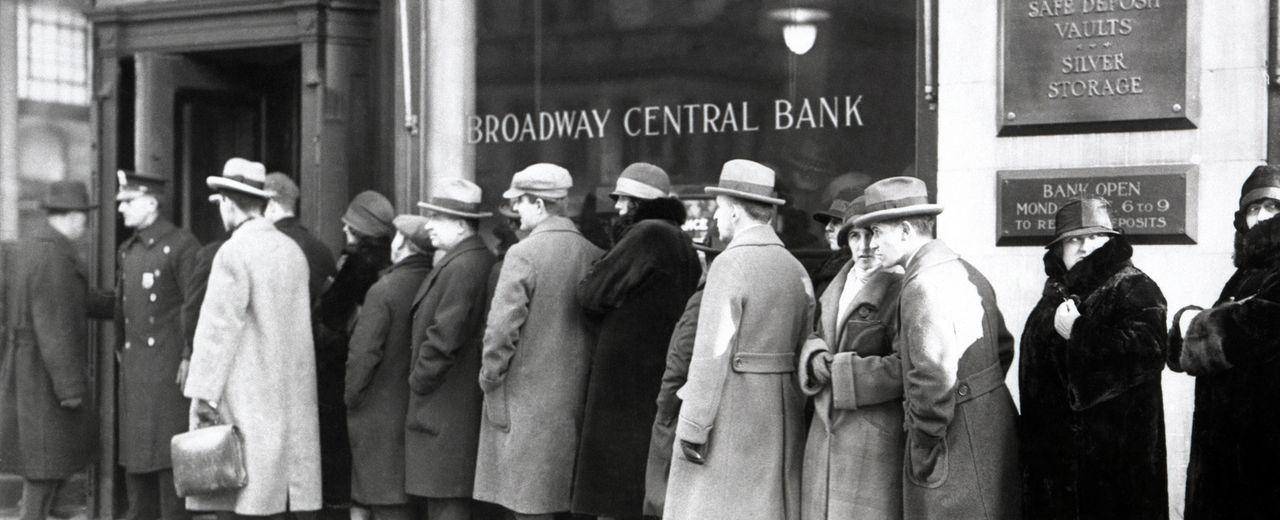Life’s Certainties: Death, Taxes and Bailouts

According to a popular saying, the only certainties in life are death and taxes. However, recent trends suggest that we may need to add another item to that list: bailouts. Financial crises have become more frequent in recent decades, and governments around the world have been stepping in to rescue failing banks and other institutions. In this article, we’ll explore the reasons behind these bailouts and their impact on the economy.
The global financial crisis of 2008 was a wake-up call for many people. It showed that even the most stable economies could be vulnerable to sudden shocks, and that the consequences could be dire. To prevent a repeat of this catastrophe, governments have been implementing measures to improve financial stability and prevent the collapse of important institutions. One of these measures is the bailout, which involves injecting funds into failing businesses to prevent bankruptcy.
Bailouts are controversial, however. Critics argue that they amount to a form of corporate welfare, in which businesses are bailed out at the expense of taxpayers. They also worry that bailouts can create a moral hazard, meaning that businesses are more likely to take risks knowing that they will be bailed out if things go wrong.
Despite these concerns, bailouts have become more common in recent years. Governments have used them to rescue everything from banks to airlines, and the COVID-19 pandemic has seen a huge increase in government support for struggling businesses. The scale of these bailouts is unprecedented, raising questions about their long-term impact on the economy.
So, what can we learn from these developments? First, it’s clear that financial stability is a complex and ongoing issue. Second, bailouts can be controversial, but they may be necessary to prevent economic collapse. And finally, we should be mindful of the risks and consequences of bailouts, and work to improve financial stability in other ways.
In conclusion, life’s certainties may indeed include death and taxes, but we may need to add bailouts to the list. While controversial, they have become a critical tool for preventing economic collapse and promoting financial stability. By staying informed and engaged on this issue, we can work to ensure that bailouts are used wisely and responsibly, for the benefit of all.
Quick Links

